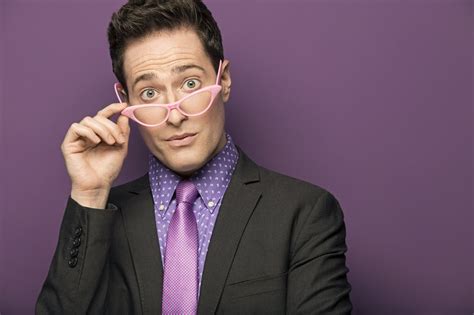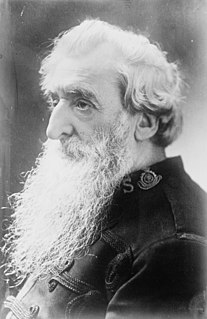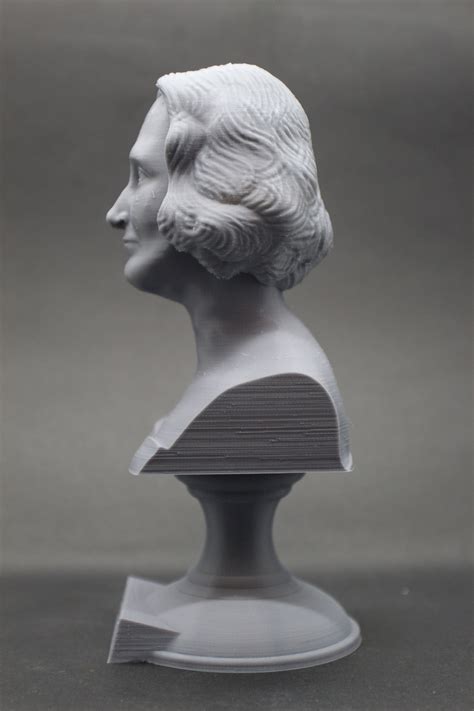A Quote by William Shakespeare
I long To hear the story of your life, which must Take the ear strangely.
Related Quotes
My brother was listening to his transistor radio. He kept switching the earpiece from one ear to the other, which I thought was his idea of a joke. 'You can't do that,' I said. 'You can only hear out of one ear.' 'No, I can hear out of both,' he answered. And that was how I discovered I was deaf in my right ear.
The story is the only thing that's important. Everything else will take care of itself. It's like what bowlers say. You hear writers talk about character or theme or mood or mode or tense or person. But bowlers say, if you make the spares, the strikes will take care of themselves. If you can tell a story, everything else becomes possible. But without story, nothing is possible, because nobody wants to hear about your sensitive characters if there's nothing happening in the story. And the same is true with mood. Story is the only thing that's important.
I take this for myself, and you take up the thread of my life between your teeth, tin thread and tarnished with abuse, you shall still hear as long as the beast in me maintains its taciturn power to close my lids in tears, and my loins move yet in the ennobling pursuit of all the worlds you have left me alone in, and would be the dolorous distraction from, while you summon your army of anguishes which is a million hooting blood vessels on the eyes and in the ears at that instant before death.
There comes a point when you've exhausted your opportunities playing good guys. I've been around long enough, I think I'm entitled to explore a bit. But what I saw there was an opportunity to play a character different from what the audience's expectation was. A chance to take their crude experience of me - of my iconography, if you will - and turn it on its ear at an appropriate juncture in the film to be useful to the process of telling the story.






































